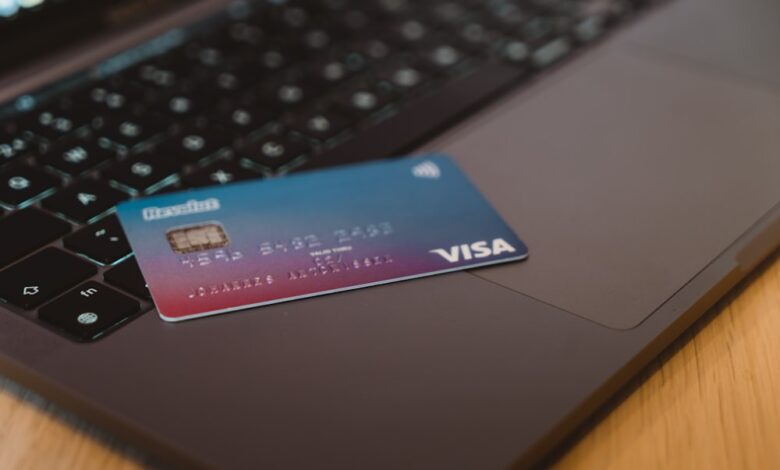How to Find the Perfect Credit Card for Your Lifestyle

Selecting the right credit card is a decision that can significantly impact your financial health. With so many options available, it’s crucial to understand the factors that should guide your choice. This article delves into the various aspects of credit cards, helping you make an informed decision tailored to your financial needs.
Understanding Credit Card Basics
Credit cards are financial tools issued by banks and other financial institutions, allowing you to borrow funds up to a certain limit to pay for goods and services. Bclub offer the convenience of cashless transactions and the ability to manage your finances flexibly. However, it’s essential to use them wisely to avoid falling into debt traps.
Evaluating Your Spending Habits
Before choosing a credit card, assess your spending habits. Are you a frequent shopper, a traveler, or someone who uses a card for emergency purposes only? Different cards offer various benefits, such as cashback, travel rewards, and low-interest rates. For instance, if you travel often, a card offering travel rewards and no foreign transaction fees might be ideal.
Interest Rates and Fees
The Annual Percentage Rate (APR) is a critical factor to consider. It represents the cost of borrowing on the card. Some cards offer low introductory APRs, which can be beneficial if you plan to make a large purchase and pay it off during the introductory period. Also, be aware of other fees like annual fees, late payment fees, and over-limit fees. Sometimes, cards with higher annual fees provide greater rewards, which can be worthwhile if you maximize the card’s benefits.
Rewards and Benefits
Many credit cards offer rewards programs that allow you to earn points, miles, or cashback on your purchases. When choosing a card, consider which rewards align with your lifestyle and spending patterns. Also, look at the redemption options and ensure they suit your preferences.
Credit Limit
Your credit limit is the maximum amount you can charge on your card. It’s determined by the card issuer based on your creditworthiness. A higher credit limit can be advantageous as it helps in maintaining a lower credit utilization ratio, which is beneficial for your credit score. However, it’s crucial to not overspend and keep your balances well within the limit to manage repayments effectively.
Security Features
In an era where online fraud and identity theft are rampant, the security features of a credit card are paramount. Look for cards that offer robust fraud protection measures, including zero liability policies, which ensure you are not held responsible for unauthorized transactions.
Customer Service
Good customer service is essential, especially when dealing with financial products. Opt for card issuers known for their customer support. Access to 24/7 customer service, online account management, and responsive assistance during emergencies can make a significant difference in your user experience.
Comparing Cards
Once you’ve considered the above factors, compare different credit cards to find the one that best suits your needs. Many online platforms provide comparisons and reviews of various credit cards, helping you make an informed choice.
Applying for a Credit Card
After selecting the right credit card, the next step is the application process. Ensure you meet the eligibility criteria, which typically include age, income, and credit score requirements. Fill out the application form accurately and provide the necessary documentation.
In conclusion, choosing the right credit card involves a careful analysis of your financial habits, needs, and the card’s features. By considering factors such as interest rates, fees, rewards, and security features, you can select a card that not only meets your financial needs but also enhances your financial health. Remember, the best credit card is one that aligns with your spending patterns and financial goals, offering convenience, rewards, and financial flexibility.



